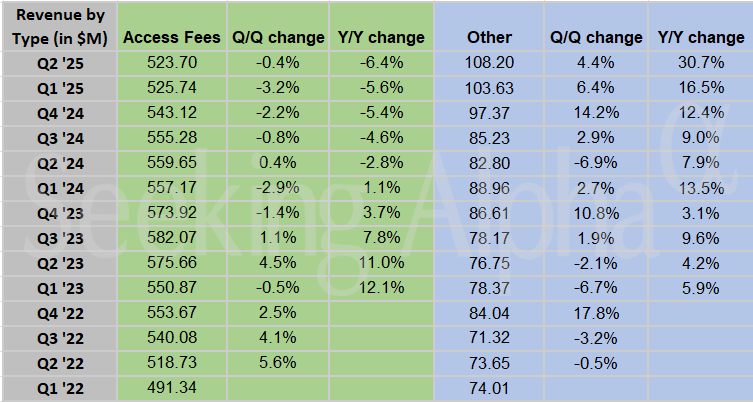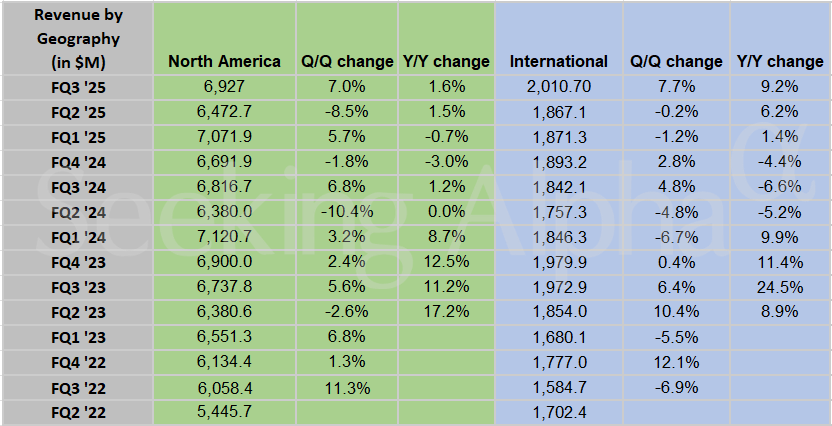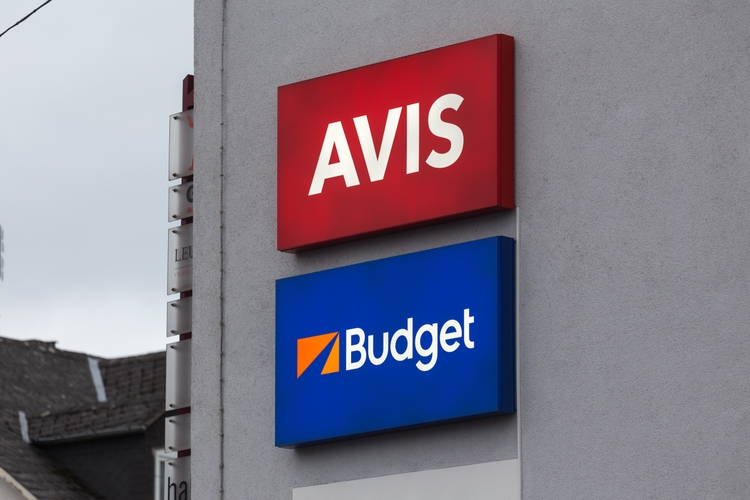The average monthly net GST collection has risen by a robust 10.7 per cent to Rs 1,80,774 crore in the first quarter (April-June) of the current FY 2025-26, compared to the average monthly net GST collection of Rs 1,63,319 crore in the same quarter of the previous year, Minister of State for Finance Pankaj Chaudhary informed the Parliament on Tuesday.
A number of measures have been taken by the government on the recommendations of the GST Council for the benefit of the small business sector, the minister said in a written reply to a question in the Rajya Sabha.
These steps include exempting small and medium enterprises from the need to obtain GST registration if the persons involved in intra-state taxable supply of goods, if their aggregate turnover in a financial year does not exceed Rs 40 lakh (Rs 20 lakh for certain special category states).
Similarly, persons involved in intra-state or inter-state taxable supply of services also need not go for GST registration, if their aggregate turnover in a financial year does not exceed Rs 20 lakh (Rs 10 lakh for certain special category states)
The composition levy scheme in GST is an alternative, simple method of levying tax designed for small and medium taxpayers whose turnover is up to the prescribed limit. A uniform rate of tax @1 per cent (0.5 per cent under the CGST Act and 0.5 per cent under the respective SGST Act) is payable on supplies by traders of goods and manufacturers of goods, and 2.5 per cent under each Act for supplies by restaurants.
All eligible registered persons with an annual turnover up to Rs 5 crore in the preceding financial year may opt for filing of quarterly returns with monthly payment of tax.
The minister further stated that a series of administrative measures, including fiscal and trade policy, have been taken to control inflation and mitigate its impact. These include the augmentation of buffer stocks for essential food items and strategic sales of procured grains in the open market to increase supply and bring down prices.
Besides, facilitation of imports and export curbs during periods of short supply, and implementation of stock limits to push more supplies of select commodities into the market are other steps that have been taken by the government to control inflation, the minister added.

 11 hours ago
1
11 hours ago
1











 English (US) ·
English (US) ·